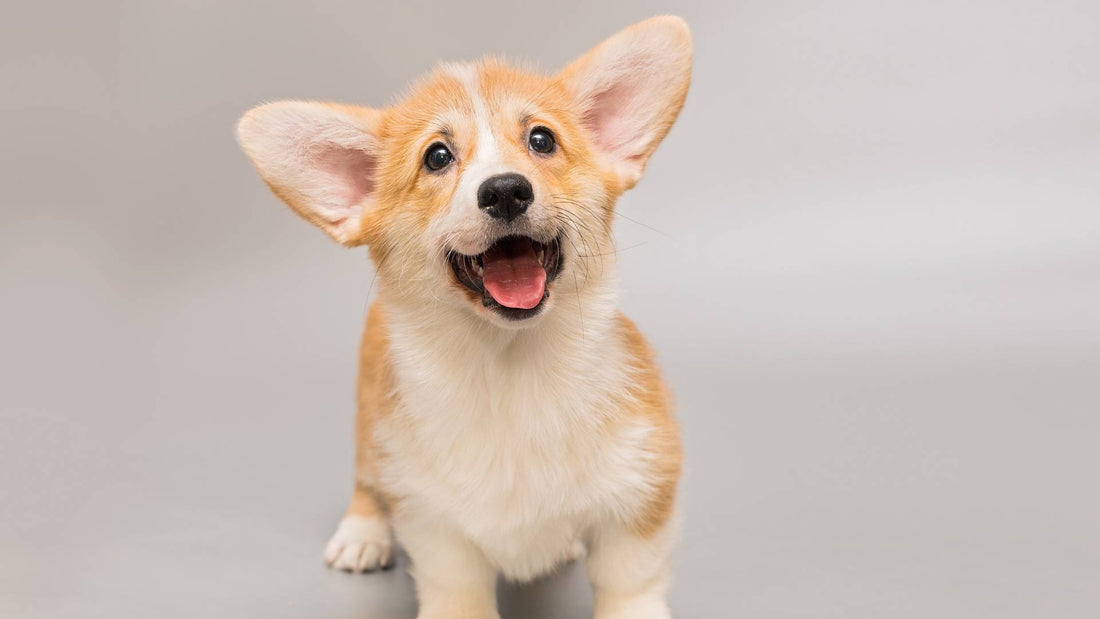
3 Common Mistakes New Puppy Owners Make (And How to Avoid Them)
Bringing home a new puppy is exciting, joyful — and often overwhelming. From toilet training, choosing safe treats and chews, to feeding schedules and everything in between, it’s easy to feel unsure if you're doing things "right."
As someone who's raised three puppies and helps new owners daily through my work as the owner of Dragonfly, I'm here to gently guide you through some of the most common early mistakes — and how to avoid them with confidence.
Mistake #1: Overfeeding Your Puppy or Giving Too Many Treats
Many new puppy owners unintentionally overfeed, especially during the early weeks when they’re unsure about portion sizes or how often to treat during training. While treats are a great way to bond and reward good behaviour, too many can lead to upset tummies, picky eating, or even weight gain.
How to Fix It:
-
Feed based on your puppy’s age (usually 3–4 meals daily up to 6 months old)
-
Use tiny treats for training — smaller than a pea!
-
Stick to high-quality, natural treats without additives or fillers
- Use a portion of your pup's daily allowance of kibble as treats
“With Dolly, my first pup, I gave a treat every time she looked at me! She skipped dinner because she was full — lesson learned.”
Mistake #2: Not Letting Your Puppy Sleep Enough
Puppies need between 18 and 20 hours of sleep a day. But many owners — especially families with children — unintentionally overstimulate their new pup by keeping them awake too long with play, training, or cuddles.
An overtired puppy often appears hyper, mouthy, or “naughty,” when in fact, they just need rest.
How to Fix It:
-
Watch for signs of tiredness (zoomies, biting, ignoring cues)
-
Provide a calm, quiet nap space like a crate or pen
-
Let your puppy sleep uninterrupted — they’ll thank you for it
“I thought Reggie, my second pup, needed more walks. Turns out, he was just shattered and couldn’t settle. Once I protected his nap time, things improved overnight.”
Mistake #3: Harsh Training Methods or Mixed Signals
In the early days, it’s common to get frustrated with accidents, chewing, or biting. But harsh corrections or punishment can damage your bond and make your puppy feel anxious or confused.
Instead of punishing mistakes, focus on positive reinforcement and clear, kind boundaries.
How to Fix It:
-
Stay calm and redirect rather than react harshly
-
Reward the behaviours you do want to see
-
Set your puppy up for success (e.g., remove tempting shoes!)
“I shouted at Dolly because she chewed a slipper. She ran off and hid from me. I felt dreadful, I was tired and I snapped. That moment completely changed how I approach training.”
Mistakes Are Normal — You’re Learning Too
Remember: your puppy doesn’t need a perfect owner — they need a consistent, loving one. We all make mistakes, especially in those first few weeks. What matters most is how we learn and grow with our dogs.
As someone who works with new puppy owners every day, I promise: you’re doing better than you think.
Free Download: Puppy Rules for Kids
Got little ones at home too? Grab my free printable “Puppy Rules for Kids” Cheat Sheet — it’s perfect for helping children learn how to play safely and kindly with your new puppy.
For any further help and advice please contact us on 01484 246420 and why not join our social media channels and online community on Instagram, Facebook or YouTube.
With Wags and Woofs,
Laura, Dolly & Reggie


